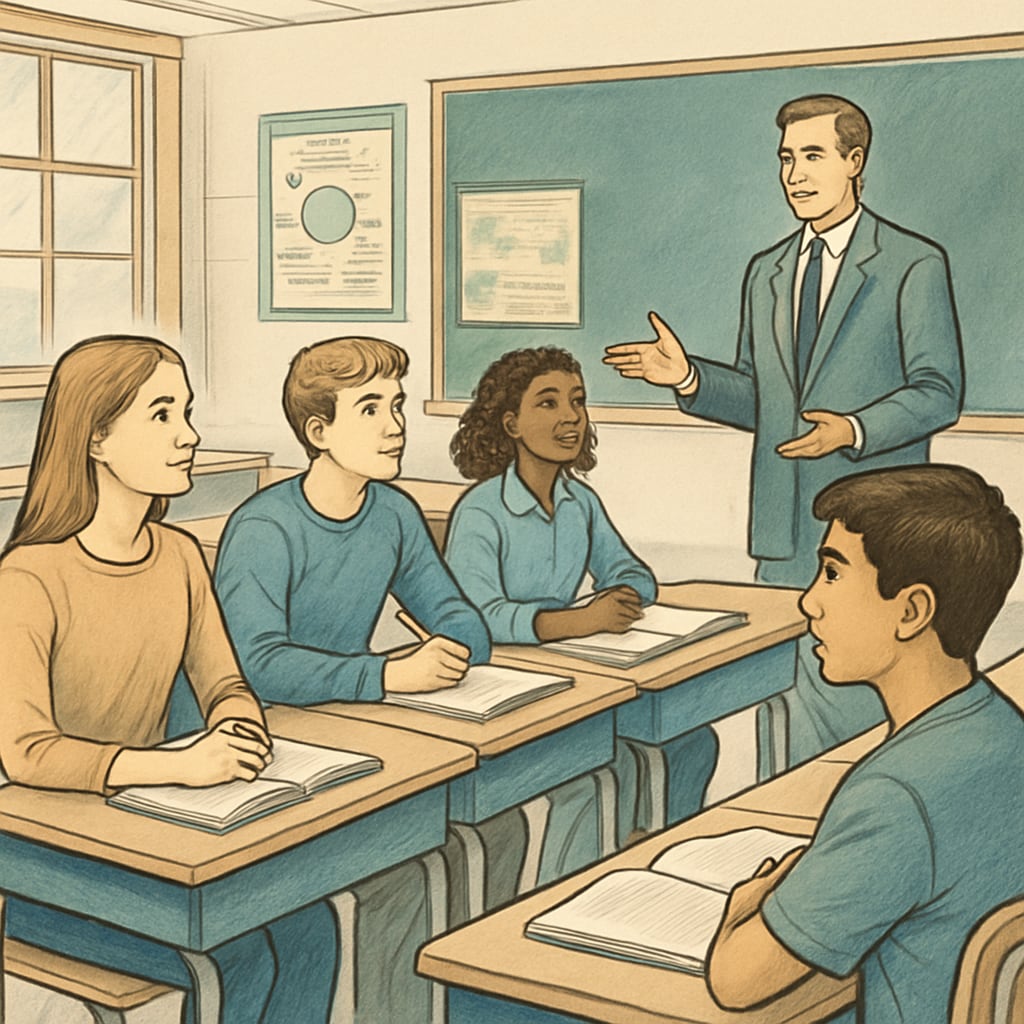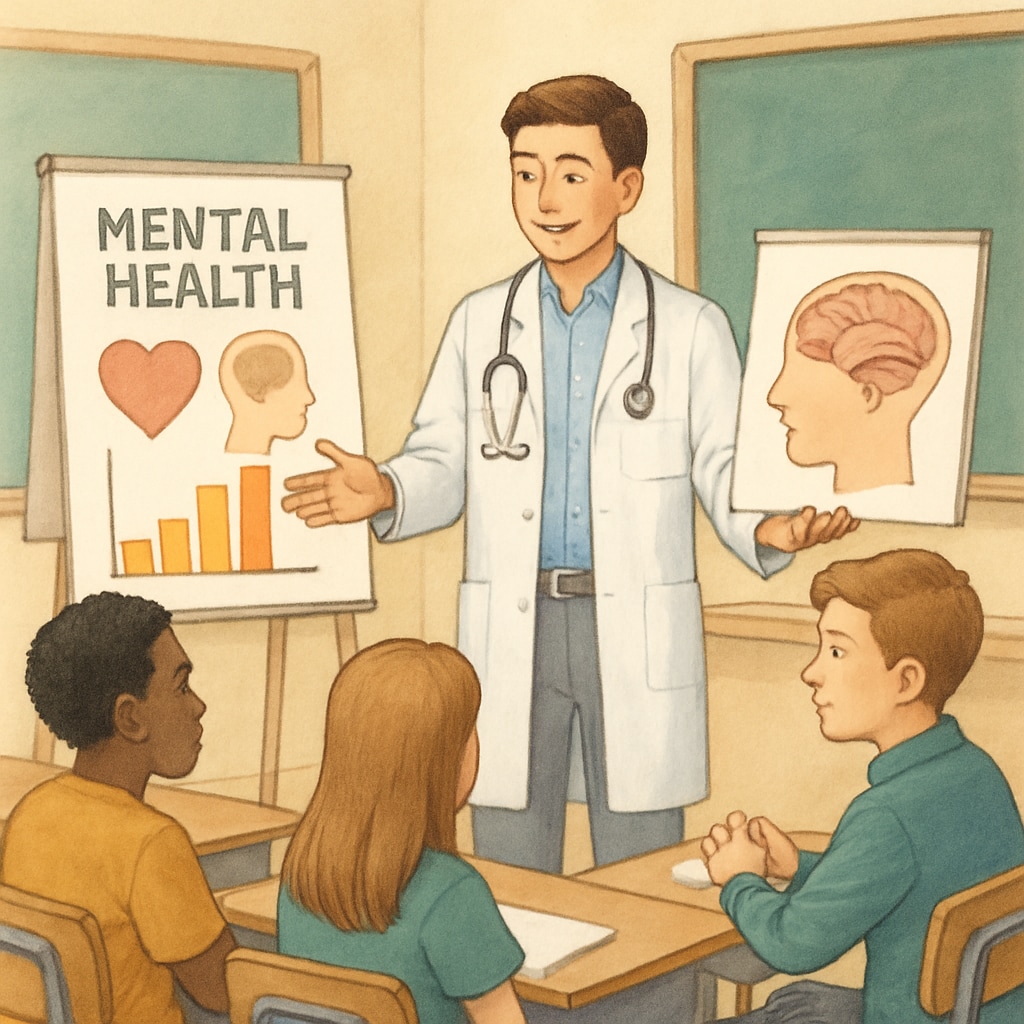Addressing mental health in high school students is a growing priority. Organizing and delivering engaging mental health talks is an excellent way for medical students to share their expertise. This article outlines practical steps for medical students to plan, conduct, and evaluate high school mental health talks effectively. By doing so, they can contribute to fostering a culture of mental wellness in schools.
Preparing for a High School Mental Health Talk
Preparation is key to ensuring the success of a mental health talk. Medical students must tailor their content to the high school audience and align it with their developmental needs.
- Understand the Audience: Research the age group, common stressors, and prevalent mental health challenges among high school students. For instance, exam pressure, social relationships, and self-esteem are common areas of concern.
- Collaborate with School Staff: Partner with school counselors to identify the most pressing mental health topics for students. This collaboration ensures relevance and support.
- Develop Engaging Content: Use simple language, relatable examples, and interactive elements like Q&A sessions. Avoid jargon and overly technical terms that might alienate students.

Delivering an Impactful Mental Health Talk
Effective delivery goes beyond just presenting facts. Medical students must communicate in a way that resonates with teenagers and encourages open dialogue.
- Start with a Hook: Begin the talk with a surprising fact, a relatable story, or an engaging question to capture attention.
- Promote Interaction: Incorporate activities like group discussions or role-playing scenarios to make the session dynamic and engaging.
- Provide Practical Tips: Offer actionable advice, such as stress management techniques, healthy coping mechanisms, and resources for seeking help.
In addition, maintain a warm and approachable demeanor throughout the talk. Teenagers are more likely to engage when they feel the speaker is relatable and understanding.

Evaluating the Effectiveness of the Talk
Evaluation helps refine future mental health talks and ensures they meet the desired objectives. Medical students can use multiple methods to assess their effectiveness:
- Collect Feedback: Distribute anonymous surveys to gather students’ opinions on the talk’s content, delivery, and usefulness.
- Engage with School Staff: Discuss the session with teachers and counselors to understand its impact on students’ attitudes and behaviors.
- Self-Reflect: Review your performance, noting what went well and areas for improvement.
Evaluation not only enhances personal growth but also improves the overall quality of mental health education initiatives.
Conclusion: Organizing high school mental health talks allows medical students to bridge the gap between their academic knowledge and real-world application. By preparing thoroughly, delivering engaging presentations, and evaluating their impact, they can make a lasting difference in the lives of teenagers. Ultimately, these efforts contribute to building healthier, more supportive school environments.
Readability guidance: Use concise paragraphs and lists to summarize key points effectively. Focus on maintaining active voice and incorporating transition words for clarity and flow.


